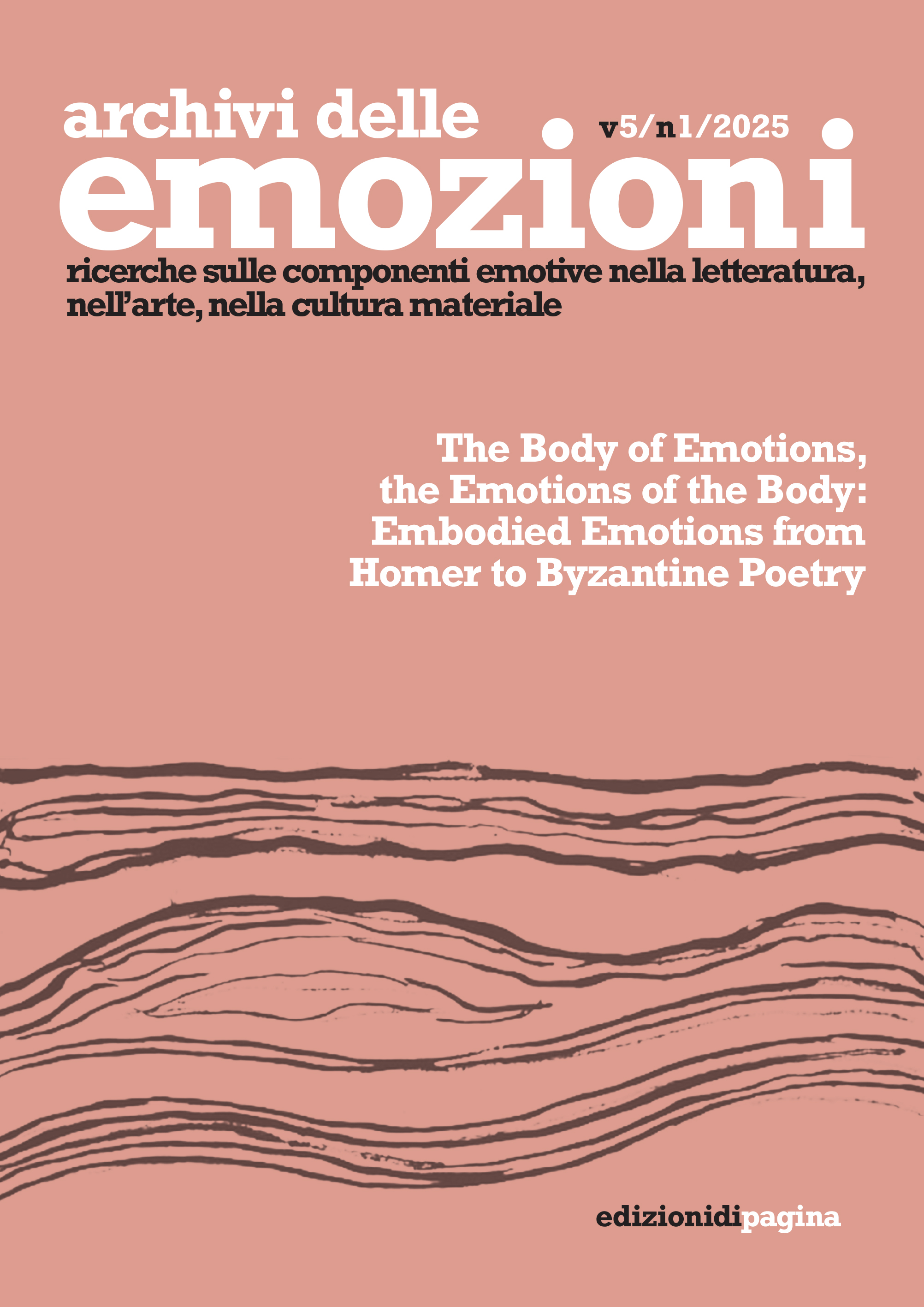Abstract
In a very famous passage, Plato gives a poetic description of the feeling of love, which is compared to the growth of wings and feathers in the whole soul. In this article, I would like to show that this description can be read in a psychological way, in the sense that it actually describes the behaviour of the three faculties: the θυμός, the ἐπιθυμία and the λόγος. The occurrences of each important word in the description of wing growth show that they all have a psychological meaning in Phaedrus or in other dialogues. This interpretation proves that the Phaedrus 250e1-252a1 is not only a poetic description of love, but also a reflection on the soul and its interactions with its body. The madness described by Plato concerns only the λόγος, while the θυμός tries to control the ἐπιθυμία, which is reinforced by the sight of the beautiful young man. This proves that the θυμός is much more active than the description of the white horse shows, which is consistent with the psychology of the Timaeus.

This work is licensed under a Creative Commons Attribution-NonCommercial 4.0 International License.
Copyright (c) 2025 Archivi delle emozioni


